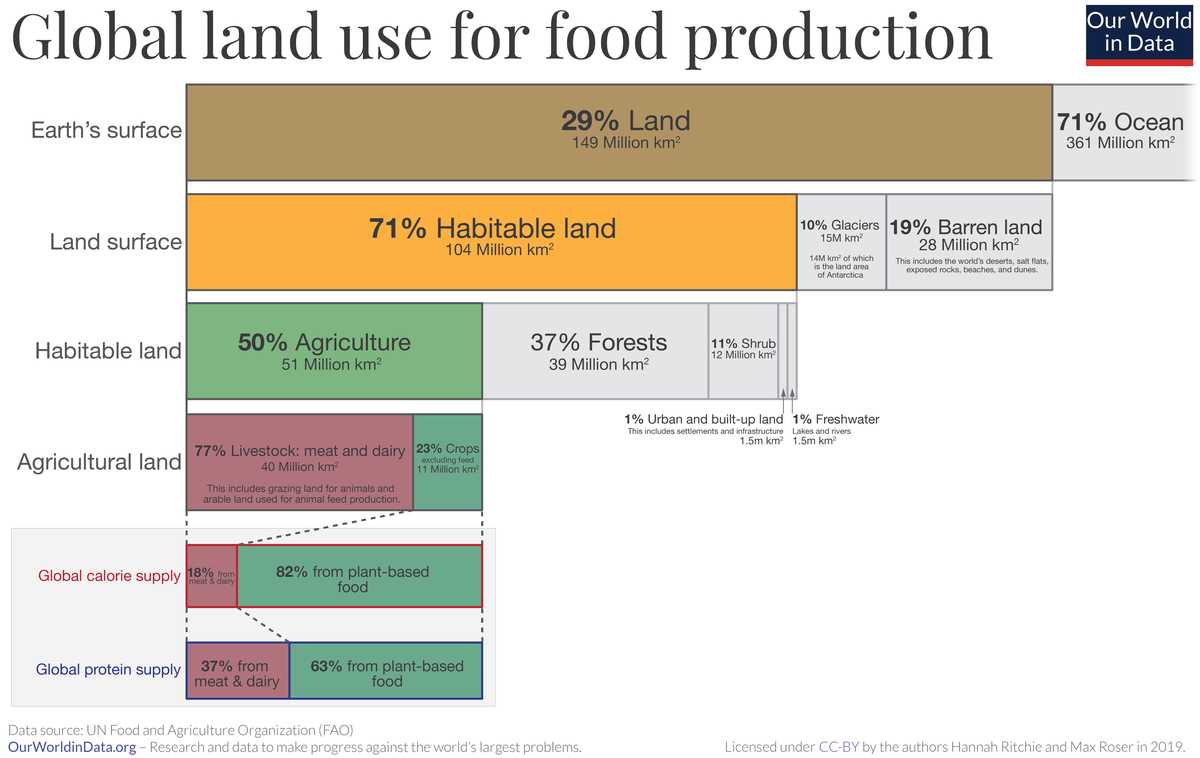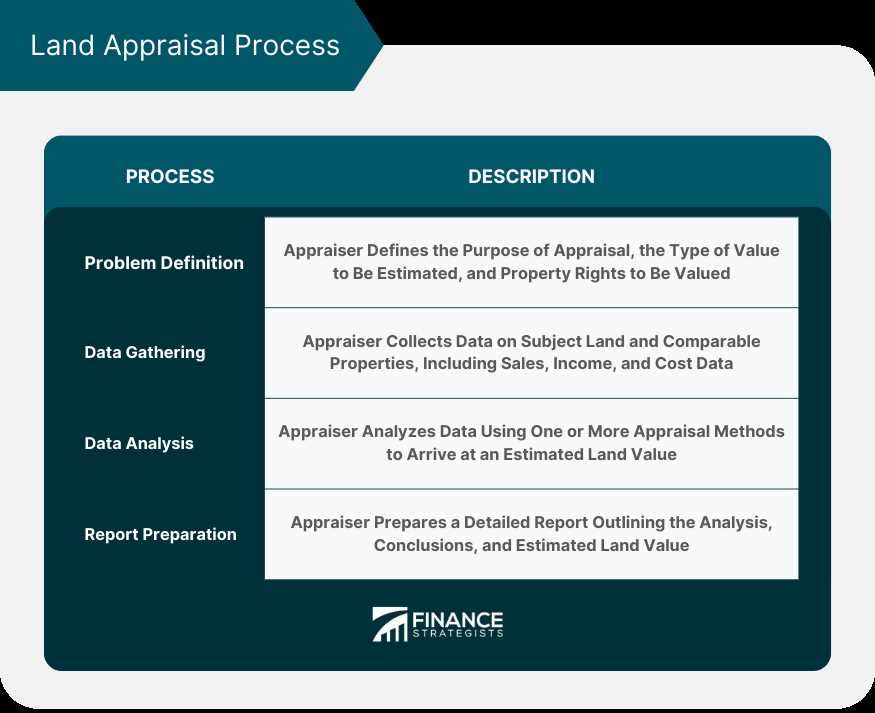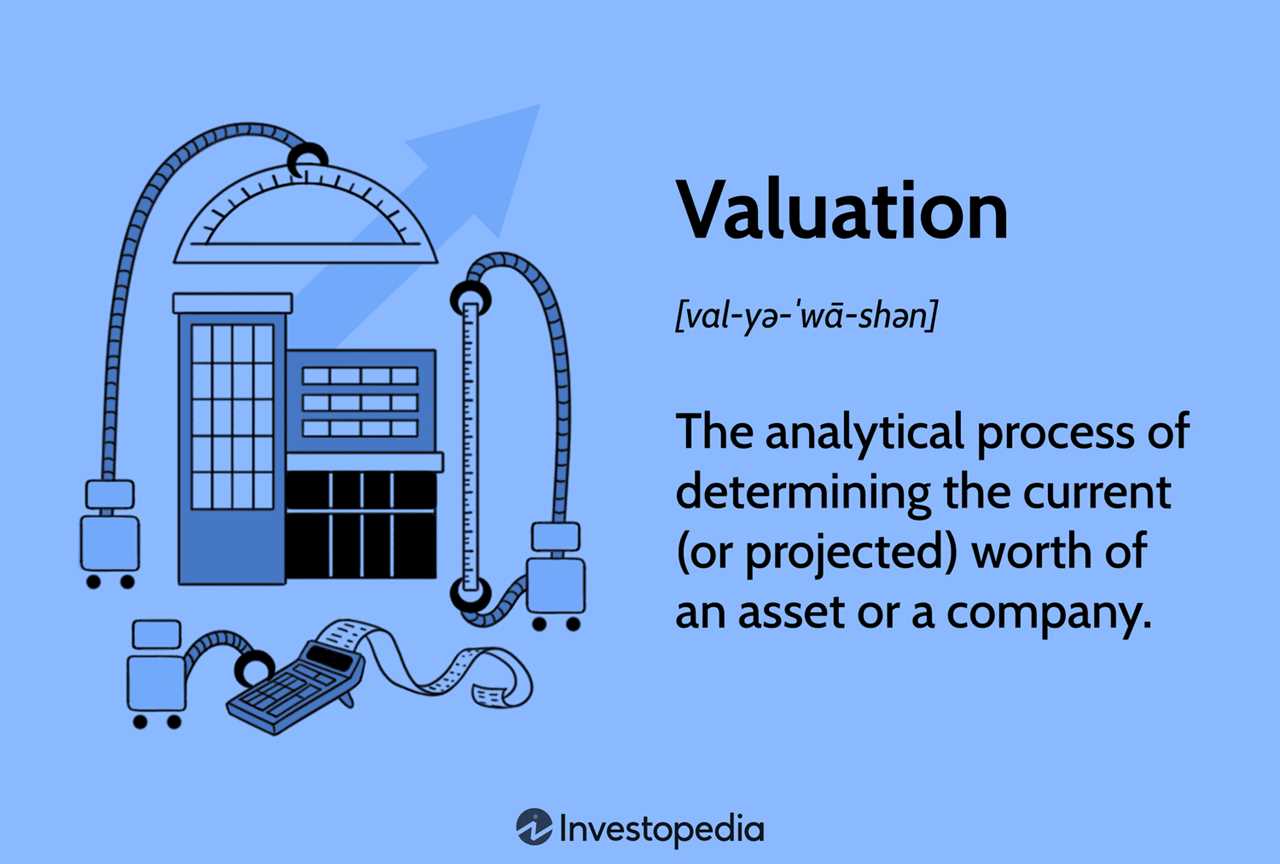What Is Land?
Land is a crucial component of the real estate industry and plays a significant role in various aspects of business, valuation, and development. It refers to the surface of the earth, including all natural resources and features that are attached to it.
Land can be categorized into different types, such as residential land, commercial land, agricultural land, and industrial land, each serving specific purposes. Residential land is used for housing, while commercial land is utilized for business activities, such as offices, retail stores, and hotels. Agricultural land is primarily used for farming and cultivation, and industrial land is designated for manufacturing and industrial purposes.
Land is a valuable asset that can appreciate over time, making it an attractive investment option. Its value is determined by various factors, including location, size, zoning regulations, and potential for development. The valuation of land is crucial for determining its market price and potential returns on investment.
Land has several main uses, including residential development, commercial development, agricultural activities, and conservation. Residential development involves the construction of houses and other residential buildings, while commercial development focuses on the construction of commercial properties, such as shopping malls and office buildings.
Agricultural activities on land involve farming, crop cultivation, and livestock rearing. It plays a vital role in providing food and raw materials for various industries. Conservation of land involves preserving natural resources, protecting wildlife habitats, and maintaining ecological balance.
Definition in Business

In the business world, land is defined as a tangible asset that includes the surface of the earth, as well as any natural resources or improvements made to the land. It is a crucial component of the real estate industry and plays a significant role in various business activities.
Ownership and Rights

Land ownership grants individuals or entities certain rights and privileges. These rights include the right to possess, use, transfer, and exclude others from the land. Landowners have the authority to develop the land for various purposes, such as residential, commercial, or agricultural use.
Ownership of land also comes with responsibilities, such as paying property taxes and complying with local zoning regulations. These regulations dictate how the land can be used and what types of structures can be built on it.
Importance in Business
Land is a valuable asset for businesses due to its potential for generating income and appreciation. It serves as a foundation for various economic activities, including real estate development, agriculture, manufacturing, and infrastructure projects.
In the real estate industry, land is a fundamental component for constructing residential, commercial, and industrial properties. The location and quality of the land can significantly impact the value and desirability of the developed property.
Agricultural businesses rely on land for cultivating crops, raising livestock, and other agricultural activities. The quality of the land, including soil fertility and access to water sources, directly affects agricultural productivity and profitability.
Land is also crucial for infrastructure projects such as roads, bridges, airports, and utilities. These projects require land acquisition and development to support transportation, communication, and other essential services.
Conclusion
Land is a tangible asset that holds significant value and importance in the business world. Its ownership grants individuals or entities the rights to possess, use, transfer, and develop the land for various purposes. Whether it is used for real estate development, agriculture, or infrastructure projects, land plays a crucial role in driving economic activities and generating income for businesses.
Valuation and Main Uses of Land

Valuing land is an important aspect of real estate investing. The value of land is determined by various factors such as location, size, zoning regulations, and potential for development. Here are some common methods used for land valuation:
| Method | Description |
|---|---|
| Comparable Sales Method | This method involves comparing the sales prices of similar properties in the area to determine the value of the land. It is commonly used when there are recent sales of similar properties. |
| Income Capitalization Method | This method is used when the land generates income, such as rental income from buildings or agricultural activities. The value of the land is calculated based on the income it generates. |
| Cost Approach Method |
Once the land is valued, it can be used for various purposes. Some of the main uses of land include:
- Residential: Land can be used for building houses, apartments, or condominiums.
- Commercial: Land can be used for constructing office buildings, retail stores, or hotels.
- Industrial: Land can be used for manufacturing plants, warehouses, or distribution centers.
- Agricultural: Land can be used for farming, livestock rearing, or forestry.
- Recreational: Land can be used for parks, golf courses, or other recreational activities.
- Infrastructure: Land can be used for roads, airports, or other public infrastructure projects.
Each use of land has its own considerations and potential for profitability. Real estate investors analyze market trends, demand, and potential returns before deciding on the best use for the land.

Emily Bibb simplifies finance through bestselling books and articles, bridging complex concepts for everyday understanding. Engaging audiences via social media, she shares insights for financial success. Active in seminars and philanthropy, Bibb aims to create a more financially informed society, driven by her passion for empowering others.
